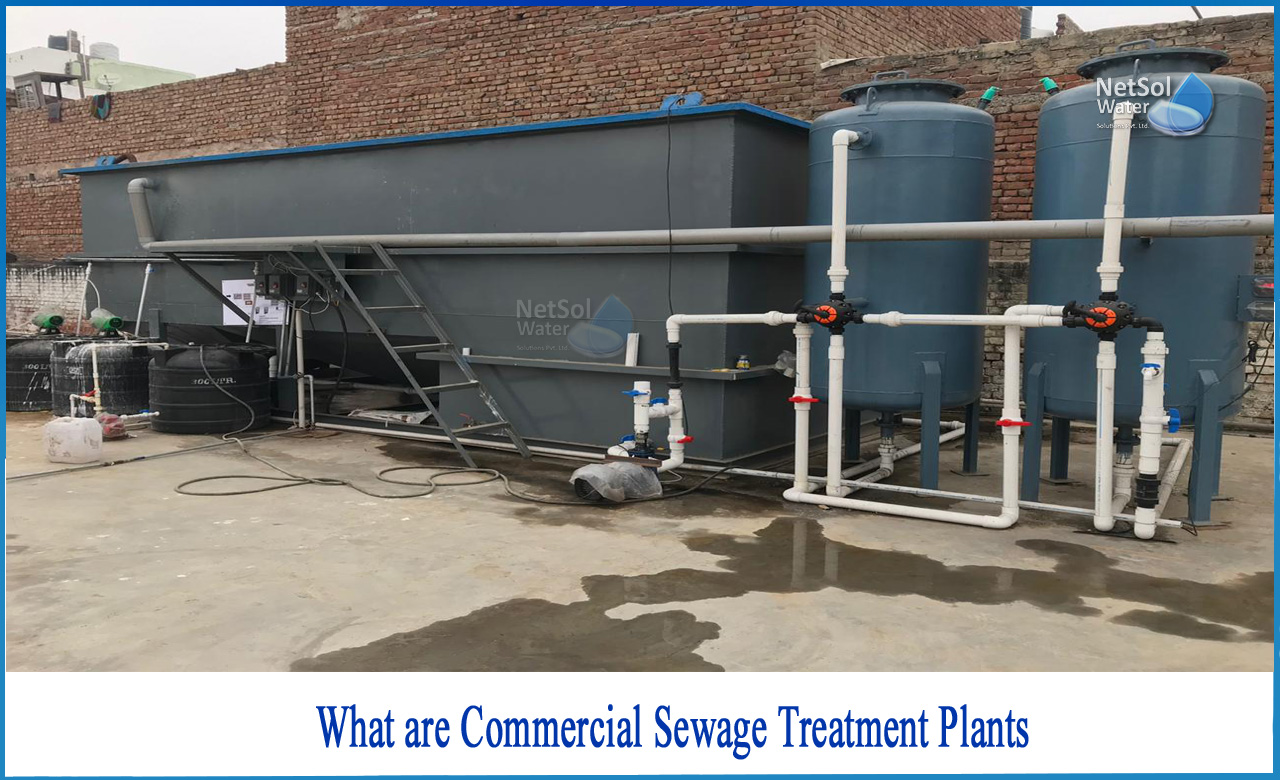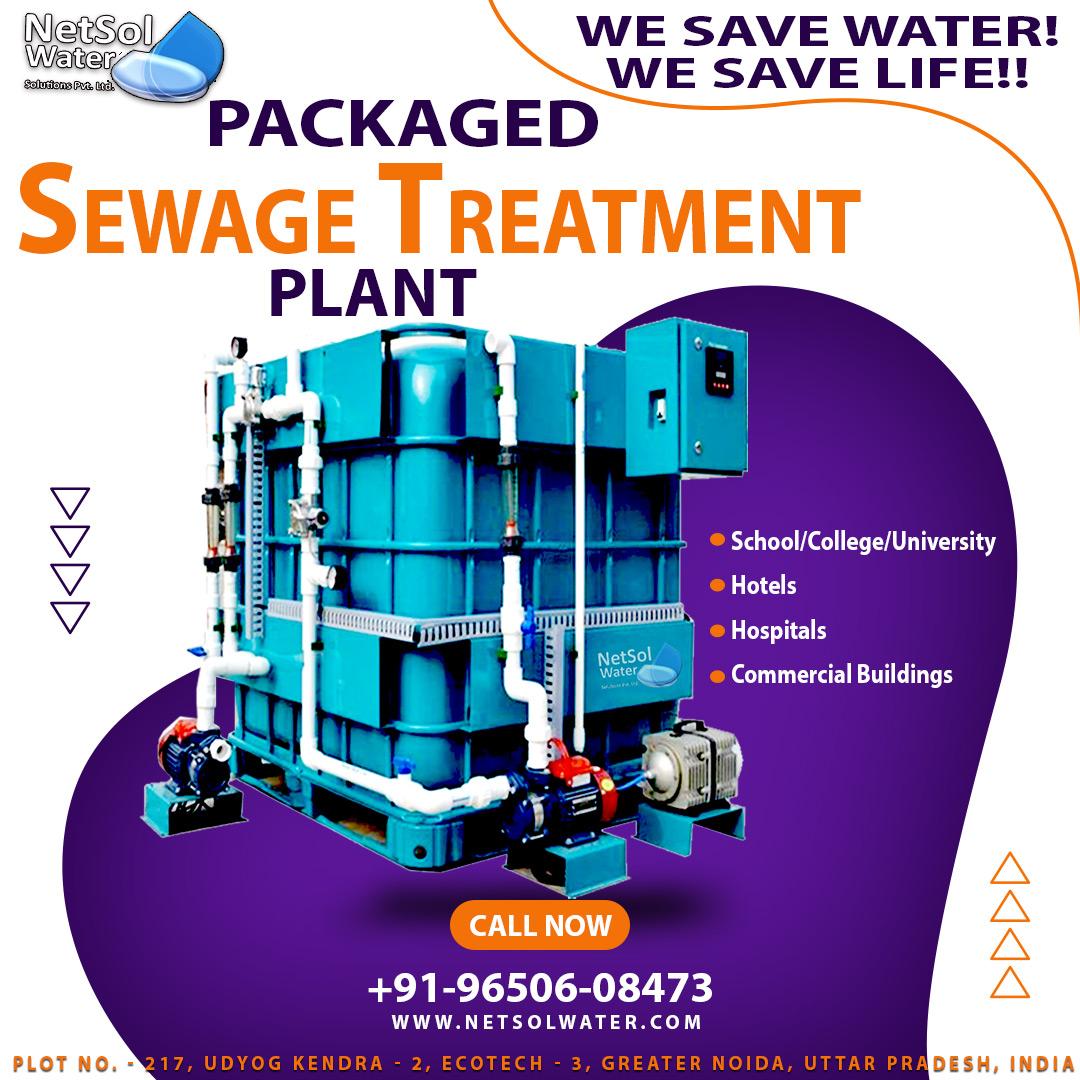What are Commercial Sewage Treatment Plants?
The process of removing pollutants from wastewater produced by commercial properties is known as commercial sewage treatment. All wastewater eventually ends up in the environment, but before it does, it must be treated to reduce harmful effects on the environment.
Schools, hotels, golf courses, office buildings, and other facilities used by large groups of people are examples of commercial properties. As a result, more wastewater is produced, so it is critical that sewage treatment is effective.
This process is carried out on a larger scale by a commercial Sewage Water Treatment Plant. It can handle wastewater from commercial developments or large structures. A commercial sewage water treatment plant can be built if and only if the following conditions are met:
1.A public main sewer is not available.
2.There is a public main sewer, but it cannot handle the sewage and wastewater generated by commercial or new developments.
A commercial sewage water treatment system aids in the reduction of harmful components found in wastewater generated by large commercial developments. It is used in situations where there is a large number of people visiting or present on the premises.
When does commercial sewage treatments become necessary?
Commercial wastewater is disposed of in built-up areas via the building's plumbing. The plumbing transports the wastewater to the main sewer via a series of pumps and pipes. The wastewater is then transported to a large wastewater treatment plant. If a building does not have access to a main sewer, it will require its own wastewater treatment system. This is frequently the case in rural, or less densely populated areas.
What is the process of a Commercial Sewage Treatment Plant?
The advantages of installing a sewage treatment plant at your commercial property are self-evident.
But how do these systems function in order to produce treated wastewater that does not pollute the environment?
Commercial sewage treatment plants work in the same way that regular sewage treatment plants for residential properties do.
The primary distinction between a sewage treatment plant installed in a home and one installed in a commercial property is that the latter is designed to handle a greater volume of sewage!
While a home sewage treatment plant may handle household waste from four or five people, commercial sewage treatment plants can service business premises with 200 or more employees.
Sewage treatment plants, on the other hand, can handle larger amounts of waste, resulting in a cleaner discharge.
A generator or electricity source is used in commercial sewage treatment plants to power a motor that circulates air within the system. Naturally occurring bacteria in the plant uses this air to break down wastewater pumped into the system. As a result, harmful substances are destroyed, and the wastewater is clean enough to be pumped back into the local environment after several stages of treatment. It's a well-functioning system, and the process can be divided into distinct steps that include physical, chemical, and biological processes.
Choosing the Most Appropriate Commercial Wastewater Treatment System!
When selecting a system, there is a lot to consider, so it is critical to do some research.
An ideal system is one that will withstand the test of time while requiring minimal initial and ongoing costs. At Netsol Water Solutions, our commercial sewage treatment systems have proven to withstand the test of time while remaining very affordable.
It goes without saying that a system must meet current public and environmental health and safety standards and regulations. Our packaged commercial sewage treatment systems are built to the highest standards and have the least amount of environmental impact.
Netsol Water will be able to provide the most essential wastewater treatment system in order to deliver the most appropriate and cost-effective treatment.




